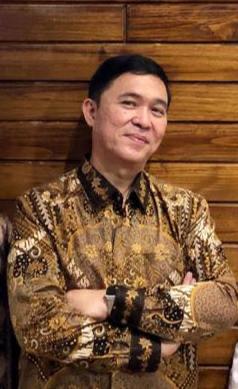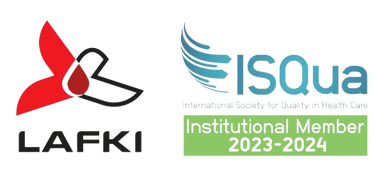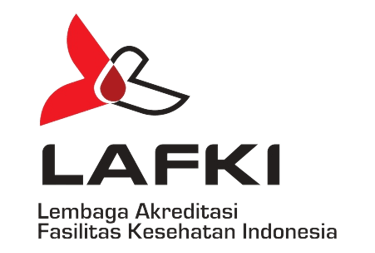LAFKI: Commemorating International Women's Day in Gender Equality for Action and Inclusion


On International Women’s Day (IWD) which falls on March 8 every year, we not only commemorate the social, economic, cultural and political achievements of women but also initiate action to accelerate gender equality. This day not only reflects the ongoing progress and struggle for equality but also highlights the need for sustained advocacy and action worldwide.
Gloria Steinem’s words, “The story of women’s struggle for equality belongs not to any single feminist or organization, but to the collective efforts of all who care about human rights,” aptly captures the collaborative spirit in addressing the challenges of gender equality.
The theme for IWD 2024 set by the UN is ‘Investing in Women: Accelerating Progress’ with a focus on tackling economic disadvantage, while the campaign theme for this year is ‘Inspiring Inclusion’. This highlights the importance of diversity and empowerment at all levels of society. Throughout the campaign, there is a strong emphasis on recognizing the importance of diversity and empowerment in various areas of society and affirming the key role of inclusion in advancing gender equality.
The origins of International Women’s Day date back to the labor movement in North America and Europe in the early 20th century. National Women’s Day was first celebrated in the United States on February 28, 1909, organized by the Socialist Party of America to commemorate the 1908 garment workers’ strike in New York, where women protested working conditions.
Then in 1910, Clara Zetkin proposed International Women’s Day at the International Conference of Women in Copenhagen. The idea was unanimously approved, leading to the first celebrations in 1911 in several European countries, with over a million participants fighting for women’s rights.
Over time, International Women’s Day has grown into a global day of recognition and celebration. The United Nations began celebrating the day in 1975, and two years later, in 1977, the UN General Assembly invited member states to designate March 8 as the United Nations Day for Women’s Rights and World Peace.
The significance of International Women’s Day lies in its ability to draw attention to issues such as gender equality, reproductive rights, and violence and abuse against women. It provides a platform for collective action and collaboration in advocating for women’s rights and empowerment. Overall, the day is a reminder that gender equality is far from being achieved, with the World Economic Forum estimating that it will take more than a century to achieve gender equality.
International Women’s Day is not just a day to celebrate women’s achievements; it is also a call to action for gender equality, by encouraging reflection, advocacy, and action to continue eliminating barriers for women and girls around the world.
In terms of the evaluation of health care facilities by the Indonesian Health Facility Accreditation Institute (LAFKI), it is important to pay attention to the aspect of women’s rights in health care. Expert theories such as Carol Gilligan in “In a Different Voice” emphasize the importance of considering women’s ethical perspectives in health care evaluation and policy. In this regard, LAFKI can integrate the assessment of women’s rights, including equitable access to reproductive services and protection against gender-based violence, as part of their accreditation criteria.
Thus, through a holistic approach that takes into account aspects of gender equality, including action and inclusion, as well as support from expert theories and empirical research, International Women's Day is not only a moment of celebration, but also a call to fight for sustainable change in realizing gender equality globally.


